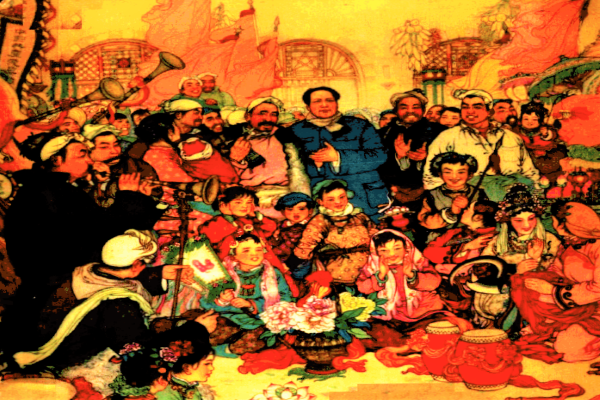
The Institute for Chinese Studies presents:
"Calendar, Revolution, and State-Building in Post-1949 China"
Yuanchong Wang
University of Delaware
with commentator
Joshua Hill
Ohio University
Abstract: Calendar constituted an essential section of the statecraft in China after 1912 when the nascent Republican China adopted Gregorian calendar and jumped on the latest bandwagon of the globalization of time. In the following three decades, from Beijing to Shanghai, from Manchuria to Shaanxi, calendar became a distinct marker of progress, civilization, and modernity in the everyday life of China and served as a tool for competing regimes in the politically divided nation to promote state-building agendas. This trend continued after the People’s Republic was founded in 1949. The post-1949 calendar followed the Communist calendar in the 1940s, when the Communist Party was active in Northwestern China, that combined solar and lunar calendars and helped to promulgate Marxism-based revolutionary ideas in remarkable vernacular language among intellectuals in rural areas where reading sources were scarce. After 1949 the Communist calendar became the exclusive state calendar and played a key role in promoting state-building agenda on modernization, promoting literacy in vast rural areas, dissemination the Party-dictated revolutionary ideas, realizing wartime and domestic social mobilizations, and engaging anti-US and anti-imperialism propaganda in the Cold War context.
Yuanchong Wang is associate professor of history in the University of Delaware. He is the author of Remaking the Chinese Empire: Manchu-Korean Relations, 1616–1911 (2018) and Zhong Mei Xiangyu: Daguo waijiao yu Wanqing xingshuai, 1784–1911 [The meeting of China and the United States: Power diplomacy and the rise and fall of Late Qing, 1784–1911] (2021).
